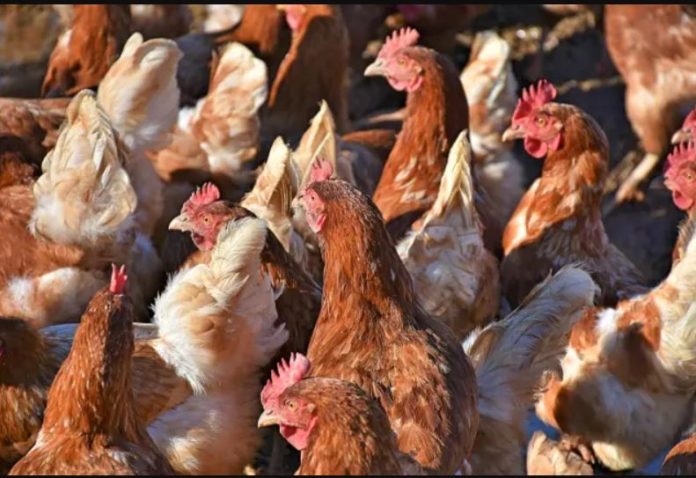Algeria has reported an outbreak of highly pathogenic H5N1 bird flu on a poultry farm in the northern part of the country.
The Paris-based World Organisation for Animal Health (WOAH) made the announcement and said the virus killed 35,800 birds on a farm in the district of Medea, south of Algiers, with the remaining 1,700 birds in the flock slaughtered.
Avian influenza
Highly pathogenic* avian influenza (HPAI) A(H5N1) virus occurs mainly in birds, is highly contagious among birds, and can be deadly, especially in domestic poultry. Since December 2003, an Asian HPAI H5N1 virus has resulted in high mortality in poultry and wild birds in Asia, the Middle East, Europe, and Africa.
Asian HPAI H5N1 virus infections among domestic poultry have become common (endemic) in certain countries of the world. As of 2011, the United Nations Food and Agriculture Organization considered six countries to be endemic for Asian HPAI H5N1 virus in poultry (Bangladesh, China, Egypt, India, Indonesia, and Vietnam).
In January 2015, an HPAI H5N1 virus was detected in a wild duck in the United States. This virus is a “reassortant” virus with genes from Asian HPAI H5 viruses and low pathogenic North American viruses. (“Reassortment” occurs when the genes from two different viruses mix to create a new virus.) The HPAI H5N1 virus detected in the United States is a new combination of avian influenza genes never previously seen before. While no human cases associated with this reassortant virus have been reported, it’s possible this virus could infect people and cause serious disease.









